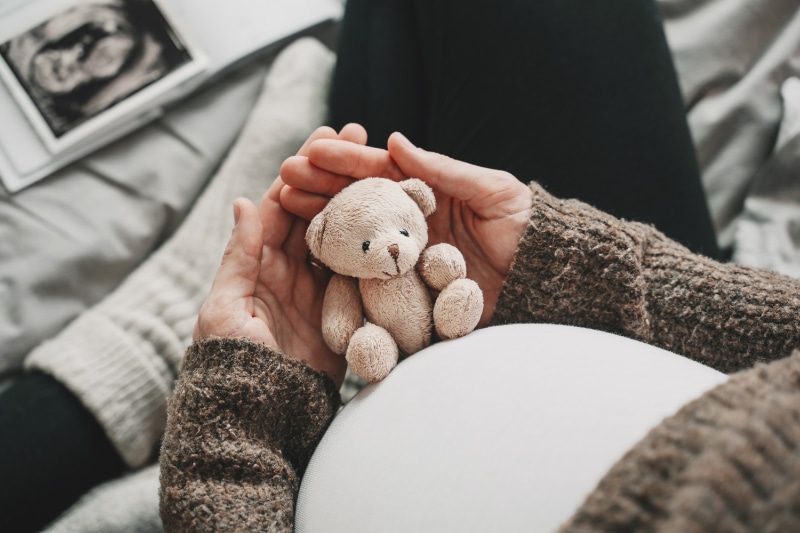Acupuncture during Pregnancy
The specific mechanism by which acupuncture helps with pregnancy-related conditions may vary depending on the particular condition being treated. However, some possible explanations for how acupuncture works include:
Pain:
Acupuncture may help alleviate pain during pregnancy by stimulating the release of endorphins, which are natural pain-relieving chemicals in the body. Acupuncture may also help reduce inflammation, increase blood flow, and promote healing in the affected area.


Morning sickness:
Acupuncture may help reduce nausea and vomiting during pregnancy by regulating the hormones that control the digestive system, such as ghrelin and leptin. Acupuncture may also help reduce inflammation and promote relaxation, which can help alleviate morning sickness symptoms.
Breech presentation:
Acupuncture may help turn a breech baby by stimulating the release of hormones that help relax the uterus and pelvic muscles, such as oxytocin and prostaglandins. Acupuncture may also help increase blood flow to the uterus, which can help encourage the baby to move into the correct position.


Labor induction:
Acupuncture may help induce labor by stimulating the release of oxytocin, a hormone that helps stimulate contractions. Acupuncture may also help promote cervical ripening, which can help prepare the cervix for delivery.
Postpartum care:
Acupuncture may help with postpartum depression by stimulating the release of neurotransmitters such as serotonin and dopamine, which can help regulate mood. Acupuncture may also help regulate hormones such as cortisol and prolactin, which can help reduce stress and promote milk production.

Overall, the specific mechanisms by which acupuncture helps with pregnancy-related conditions may be complex and multifactorial. Acupuncture may work by regulating hormones, neurotransmitters, and other physiological processes in the body, as well as by promoting relaxation, reducing inflammation, and increasing blood flow to affected areas.